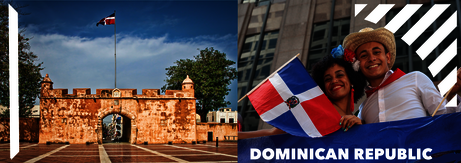Summary of operations
Road Infrastructure: Financing for 148 kilometers of highways.
Energy: Financing for the generation of 80 megawatts of clean renewable energy.
Agro Sector: US$ 60 million for the strengthening of the agricultural sector with a sustainable technological approach.
A 228% increase in the amount estimated in the 2021-2026 country strategy, reaching US$ 1.8 billion. In the previous five-year period the disbursement amounted US$ 533.9 million.
PROJECTS
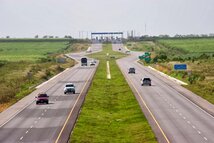
Coral Highway Project
It consisted of the construction of a 70-kilometer-long, 4-lane highway, for which financing of US$70.0 million was allocated.
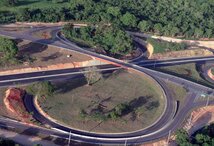
Improvement and Expansion of the Eastern Road Corridor for road sections
San Pedro de Macorís-La Romana Section, La Romana Beltway Section and Eastern Tourist Boulevard Section, totaling 78 kilometers in length and representing the best road infrastructure in the country.
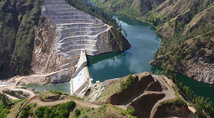
Palomino Hydroelectric Project
With a clean and renewable energy generation capacity of 80 megawatts, it is located in the Province of San Juan. For its execution, the Bank allocated financing for a total amount of US$ 130.0 million
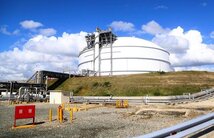
Construction of a 50-kilometer gas pipeline in San Pedro de Macorís
Loan in favor of AES Dominicana for a total amount of US$54.00 million.
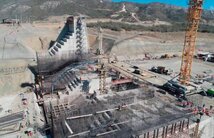
Montegrande Multipurpose Dam Project Phase III
With current financing of US$249.6 million
Project approved by the Adaptation Fund to CABEI will increase climate resilience of 35,500 people in Guatemala, Belize and Honduras
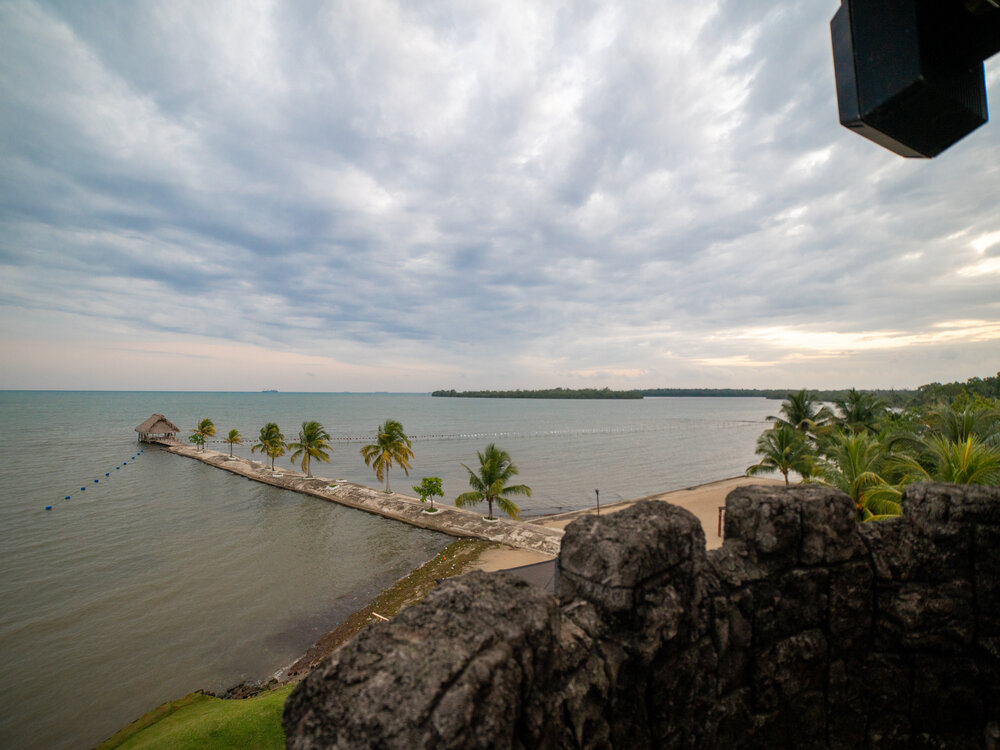
With non-reimbursable resources of US$13.2 million, community and training tools will be provided to the communities that make up the Amatique Bay.
Tegucigalpa, August 10th, 2022.- To implement the "Use of Nature-Based Solutions to Increase Resilience to Extreme Climate Events in the Atlantic Region of Central America" project, which aims to strengthen the climate resilience of communities and ecosystems in the Amatique Bay, shared by Guatemala, Belize and Honduras, the Adaptation Fund granted the first approval to the Central American Bank for Economic Integration (CABEI) for US$13.2 million.
With the non-reimbursable resources, restoration actions will be implemented with a gender perspective, providing access to community tools and training, supporting local early warning systems and implementing a regional approach for the benefit of more than 35,500 people.
"This approval is extremely relevant as it is the first approval granted by the Adaptation Fund to CABEI, as one of its accredited entities, and will create a robust pipeline of climate change adaptation projects subject to future financing in Guatemala, Honduras and Belize, a region particularly vulnerable to climate change," highlighted CABEI's Executive President, Dr. Dante Mossi.
It should be noted that the project proposal was submitted to the Adaptation Fund with the support of the World Resources Institute (WRI) and the Tropical Agricultural Research and Education Center (CATIE), with whom lessons and experiences were gathered for the proper implementation of this important regional initiative.
Thus, CABEI continues to consolidate its position as the leading financial institution in Central America in mobilizing resources from global climate funds that contribute to climate change mitigation and adaptation, having approved US$540.4 million to date for the execution of five investment operations in the region.

